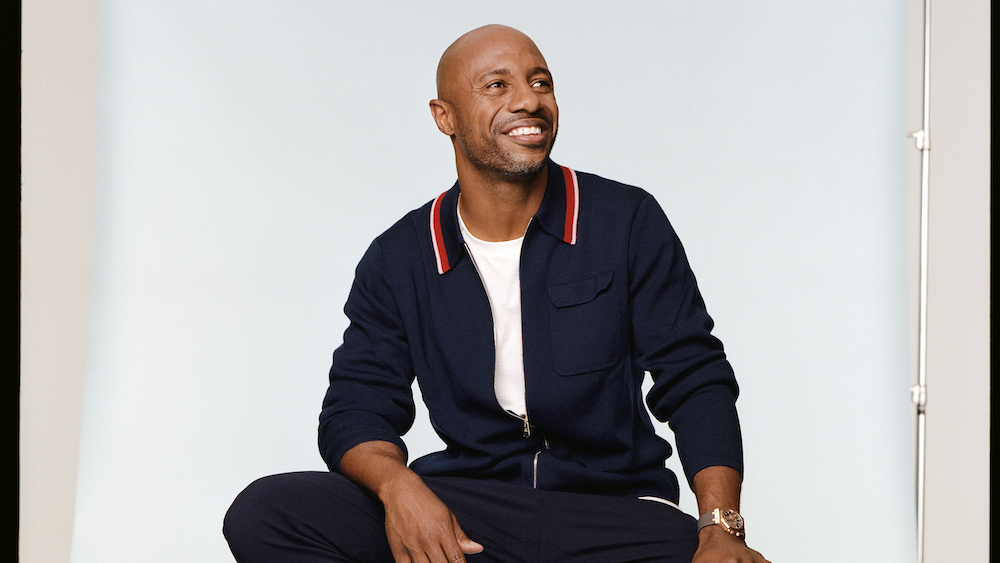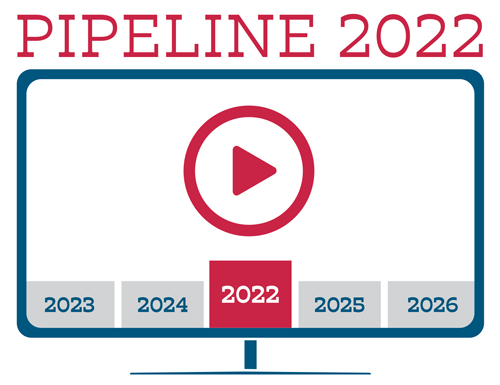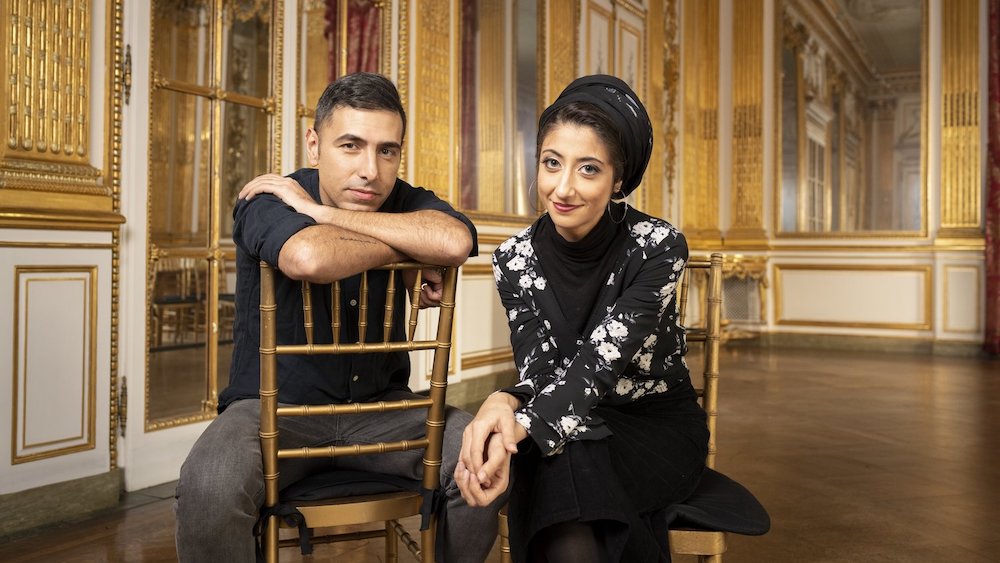In a new NPR podcast, Jay Williams hopes to take his guests to ‘The Limits’

Brad Ogbonna/NPR
Williams
Jay Williams doesn’t like being put in a box.

The former NBA player turned ESPN commentator isn’t just a sports guy. He was captain of his high-school chess team, started a consulting firm and, in January, will be host of a new NPR podcast, The Limits with Jay Williams.
Williams told Current that he wanted to start a podcast with NPR because it offered him “a chance to not be labeled.” He chose the show’s name because “we are literally taking people there. In my life, I’ve been taken there.”
In the offseason after his promising rookie year with the Chicago Bulls, Williams nearly died after crashing his motorcycle into a utility pole at 70 miles per hour. Following his accident, he had to learn how to walk again. Eventually he worked his way back to compete for a spot on an NBA roster, signing a training camp deal with the New Jersey Nets, but was cut before the season started.
Williams battled depression during his recovery. He tried to commit suicide twice and became addicted to painkillers, which he wrote about in his 2016 memoir, Life Is Not an Accident: A Memoir of Reinvention.
The idea for The Limits “came a lot from my life. I’ve had a very fascinating, interesting life,” said Williams, who turned 40 in September.
Williams has worked in TV for nearly 15 years, most recently as co-host of the ESPN morning talk show Keyshawn, JWill & Max. He also appears regularly on First Take and SportsCenter.
Despite his background, the podcast will go beyond sports. Williams will interview guests from the worlds of sports, entertainment and pop culture, with a focus on people who have built personal brands. That could include rappers-to-moguls and talk show hosts turned CEOs.
The first guests have yet to be revealed. NPR is not planning to offer The Limits for broadcast on stations, but its newsmagazines will feature segments from the show.
Williams said he’ll ask his guests “where they’ve been pushed to their limit and how they’ve handled that.” He wants to learn “how they continue to build their own businesses and hustle to the point of their own personal brand, and how they scale that while not compromising other aspects of their life. Because that’s exactly where I am in my life.”
The host will lean on lessons learned in the sports world. “I think there are a lot of strategies that I’m able to extract … that I can make applicable to how people run their everyday businesses,” he said.
Yolanda Sangweni, NPR’s senior director for programming and an EP on the podcast, said that if she had to compare Williams’ podcast to others produced by the network, she would describe it as a cross between How I Built This and It’s Been a Minute.
“We are looking to have these very smart, honest, culturally resonant interviews” with people “whose life stories are both inspirational, aspirational,” Sangweni said. “But we want to go beyond those headlines and really understand the making of the person.”
Though it shares similarities with other podcasts, Williams will be “putting my own twist on this,” he said. “This is uniquely different because Jay is different.”
The time was right
As a celebrity and former professional athlete, Williams is unique among NPR podcast hosts. “When we think about cultivating new audiences and diversifying audiences, I think Jay brings a sports-loving, sports storytelling background that we think is really interesting,” Sangweni said.
“We have these great goals of diversifying our audience, and we thought this was a great way to build on NPR’s brand and get into new spaces and have new people listening to us that come through that sports storytelling world,” she said. “But they stay and they discover other parts of the NPR universe.”
NPR hopes the podcast will reach listeners from the ages of 25 to 45 and people “who are already interested in growing their personal brand and finding success in business, but also they have an interest in contemporary culture,” Sangweni said.
The Limits will be Williams’ first podcast as a solo host. He said that people have asked him when he would start a podcast, but that “it just never felt right.” When the time did come, he pitched the idea to a contact at NPR. Williams said he was familiar with NPR from growing up listening to it with his parents.
“It was a conversational piece that my father listened to every single day, that forced me to engage in subject matter that I wasn’t comfortable in, that I had to learn about,” Williams said.
And while NPR is not known as a destination for sports content, he believes the podcast’s insights will be of interest to NPR’s audience.
“A lot of the top business executives I know apply a lot of team sport principles in how they build and run their businesses,” Williams said. “… A lot of these things are intertwined, and this is the world that I think a lot of people at NPR will be fascinated by and intrigued by.”






